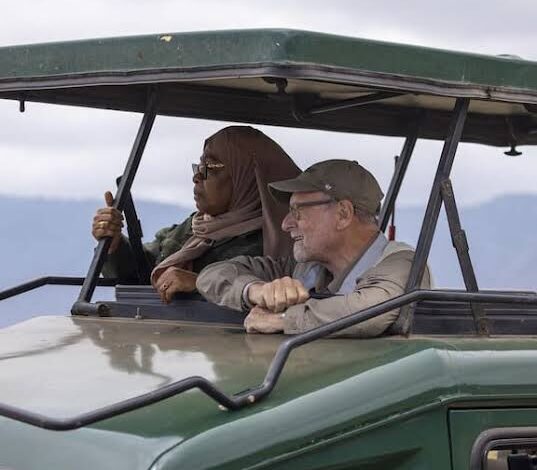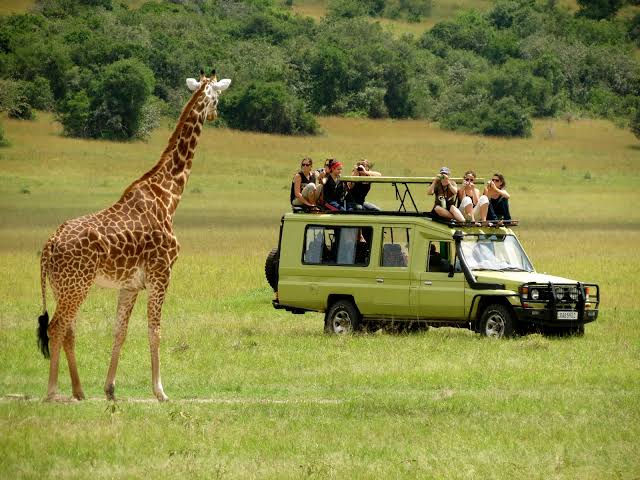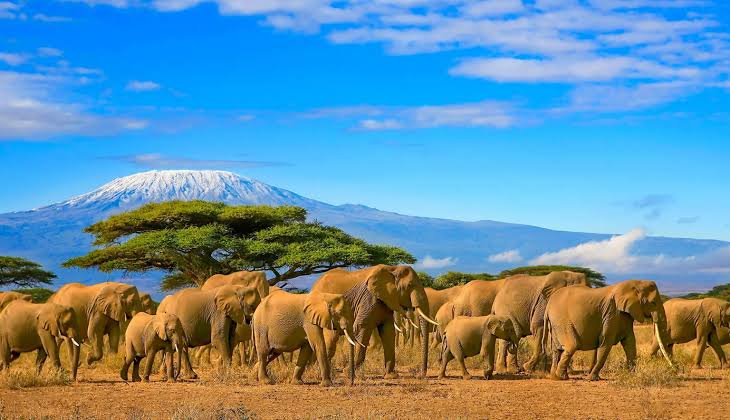
Faith Nyasuguta
Tanzania’s breathtaking landscapes, iconic wildlife, and sun-soaked beaches have always been the jewels of East Africa – but now they’re also the backbone of the country’s economy. For the first time ever, tourism has overtaken gold as Tanzania’s leading source of foreign exchange, underlining how travelers from around the globe are powering the nation’s financial engine in 2025.
According to the Bank of Tanzania, the country earned a record $3.92 billion from tourism in the twelve months ending May 2025, marking a solid jump from $3.63 billion in the same period the previous year. This impressive growth means tourism has edged ahead of gold, which brought in about $3.83 billion over the same stretch- a striking milestone for a country long known as one of Africa’s top gold producers.
Behind these numbers lies a story of intentional strategy, natural allure, and growing global interest. More than 2.17 million visitors flocked to Tanzania’s national parks, beaches, and cultural sites this year, up from around 1.96 million the year before. From the vast herds sweeping across the Serengeti to climbers tackling Mount Kilimanjaro and tourists unwinding on Zanzibar’s turquoise shores, Tanzania’s varied attractions continue to cast a powerful spell.

Part of this surge stems from a focused government push to make the tourism sector more competitive and traveler-friendly. In a recent policy shift, the Bank of Tanzania announced new measures allowing tour operators easier access to foreign currency, especially dollars – a lifeline for paying international service providers and importing vehicles and equipment. This move aims to help local businesses serve tourists better and keep pace with rivals in the region.
The economic impact ripples far beyond game parks and luxury lodges. With tourism now overtaking gold, the country’s foreign reserves have strengthened, pushing official holdings to nearly $6 billion – enough to cover about five months of imports comfortably. A stronger cushion of dollars is helping stabilize the Tanzanian shilling and protect the economy from sudden external shocks.
This shift is also creating vital jobs. Tourism is estimated to contribute close to 17% of GDP, employing thousands directly in hotels, tour companies, and transport – and indirectly through countless businesses that supply food, crafts, and local services. For many Tanzanians, the industry offers not just employment but a connection to global markets and opportunities to build businesses in remote communities.

Yet challenges remain. Over-tourism, environmental pressures, and governance concerns have cast shadows in recent years. The suspension of a World Bank tourism fund earlier this year due to alleged human rights abuses highlighted the need for careful, community-first development. As more visitors come, balancing conservation with economic gain will be crucial to keeping Tanzania’s natural treasures intact for generations to come.
Still, the trajectory is clear: Tanzania’s stunning landscapes and resilient communities are turning tourism into a new gold mine – one rooted not in minerals beneath the ground, but in experiences above it. If managed wisely, this booming sector could help Tanzania light up its economy for decades to come.
RELATED:








